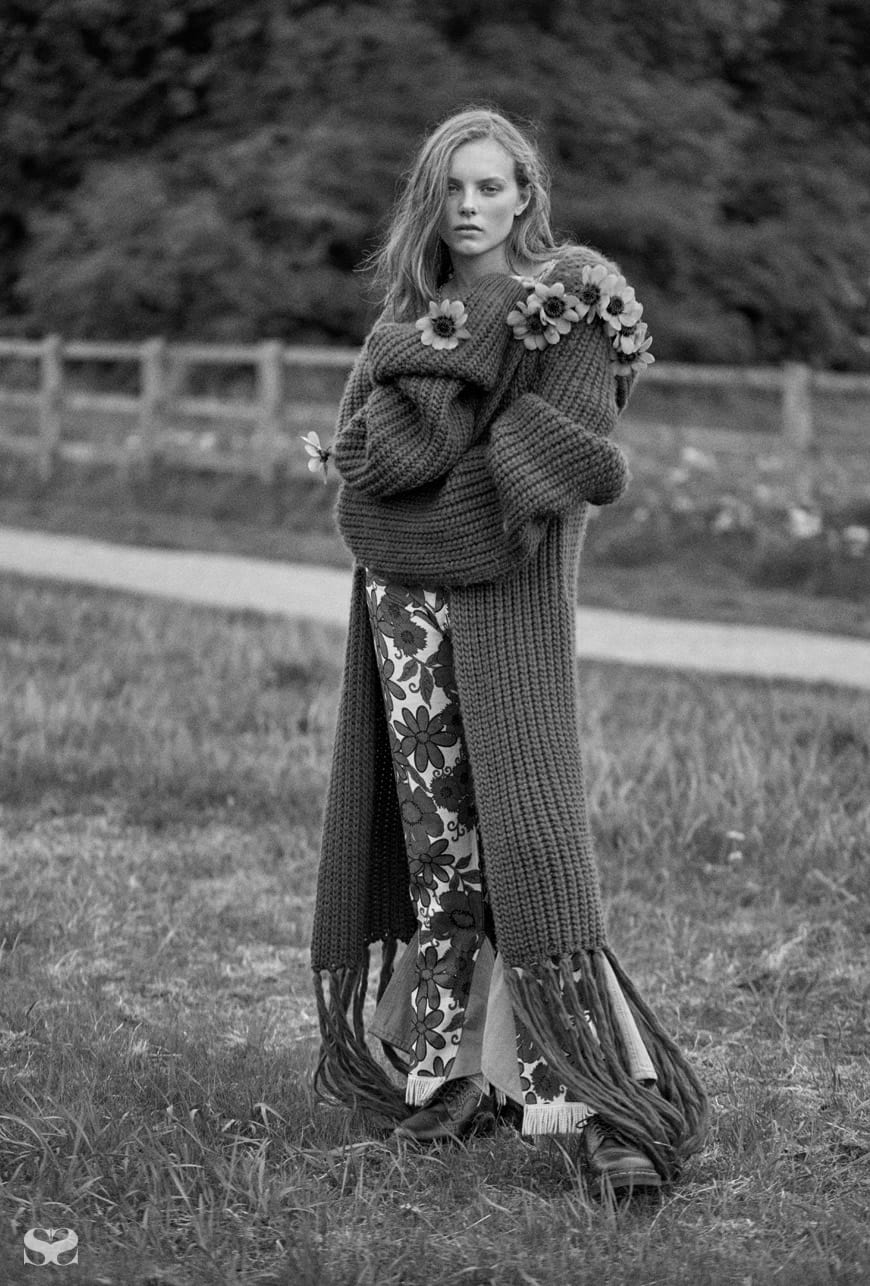Ever wanted access to a psychologist without the actual session? For World Mental Health Day we asked Mary Hoang from The Indigo Project to answer our anonymous reader questions surrounding mental health and wellness. On R U Okay? Day, we're revisiting her answers.

How often is it normal feel down/sad when there is nothing specifically ‘wrong’ in my life?
There may be nothing ‘wrong’ with our lives on first glance, but there are many variables that can influence our mental health, including societal pressures, working long hours, being away from nature and having unmet needs. Having a moment, day or week of sadness is perfectly normal, and it’s important to let yourself feel a range of emotions – it’s called emodiversity – and it’s good for our mental health! If the emotions last longer than a few weeks it might indicate that there is something deeper to explore, perhaps in the subconscious mind.



I feel the need to constantly please everyone, which leaves me with little time for myself. I know it’s unhealthy, but how do I stop (or at least pull back)?
Ask yourself: What am I getting out of pleasing everyone? What emotions am I avoiding feeling by people pleasing? You may find that you are seeking validation or approval, and it’s important to find out when this pattern started, and keeping a journal of when you find yourself doing it, and what it feels like in the body if you don’t. You might find that there are feelings of guilt that you have if you don’t ‘help’, and that may help you trace back to the root of the pattern. Once we start understanding the cost of our patterns on our emotional energy, and noticing the urge coming up in the moment, we can remind ourselves that we don’t have to be everything for everyone, and be loved for who we are - not what we do.

How can you recognise if you’re anxious or depressed? Are there signs in your body that you can look for?
It’s so important that we pay attention to pain in the body as our bodies are always talking to us. Having persistent tightness in the body (especially in the chest, stomach and throat) and shortness of breath can indicate anxiety symptoms, and may be accompanied by overthinking and rumination. Feelings of being lost, despairing or disconnection can indicate depressive symptoms, along with a decrease in enjoyment in things you typically find pleasurable. It’s important to know that feeling down or anxious sometimes is normal, but if symptoms persist, it’s great to have a chat to someone about it.



What kind of therapies are there and how do I know what one to use?
There are lots of different types of therapies and therapists these days are quite eclectic in their approach and will use a variety depending on your needs. If you have an interest in meditation you might like to try Mindfulness, or Acceptance and Commitment Therapy approaches; if you want to work with the body try Somatic or Body Centred Therapies, or if you want creative approaches you can try Art Therapy. I would suggest getting in touch with a practice and having a chat to discuss your needs and getting matched to the right person. The most important thing is that you feel connected and safe with your practitioner.



Having routines makes me feel in control of my life, but how often should I change them up?
Routines are useful as long as they keep you on top of your overall wellbeing and aligned with your values and goals. If they help you feel in control of your life - that’s great! You don’t need to change them up just for the sake of it. However, if your routines are restricting you from exploring new experiences, maintaining relationships or giving yourself a break, then strict routines can start having a negative impact. Remember that it’s great to maintain practices that help make life easier, but life is messy and it’s important to be flexible when necessary.
Setting personal goals - how do I know if they become unhealthy obsessions? Then how do I slow down?
When we’re passionate about our personal goals, we understand that there’s work to be done on our end to move closer to them. However, it’s easy for motivation to tip over into obsession. Hustle culture romanticises the relentless push towards goals at all costs. However, research shows that rest and self-care are essential ingredients on our journey towards accomplishment and achievement. The key is learning to listen to your body. It will give you signals when you need to slow down and practice some self care. Taking care of yourself in these moments will help you avoid burnout and keep you healthy and focused when you jump back into your tasks.


How can I stop comparing my life to others? (Eg: all my friends are getting married and buying houses, and I worry I'm falling behind the pack).
Comparison is the thief of joy, but hell, it gets to the best of us. We are genetically inclined to keep an eye on the progress of others to help educate and guide us. However, particularly in the world of Social Media, we are constantly faced with friends and acquaintances hitting milestones and life achievements - which can make us feel like we’re falling behind. The key here is to realign with your personal values. Your values are your guiding force that ensure you’re living a life that is purposeful and meaningful to you. When you’re making choices and taking action that’s aligned with your values, then life stops becoming a competition.

I love my job but feel so stressed at work. How do I manage stress when I’m expected to be online for my job 24/7?
Many of us feel an unrelenting pressure to be “on” 24/7 - particularly when our smartphones can keep us confronted with work content non-stop. The truth is that this is unsustainable and unproductive (studies have shown that people who work 12+ hours a day are at a higher risk of burnout and are less productive daily). If you’re feeling overwhelmed by work-stress, it’s important to communicate this to your manager or supervisor. Try to take judgement out of it and state the facts (e.g. “at the moment I have X, Y and Z going on”), state how it is making you feel, making sure you take ownership of your feelings (for example “I am feeling overwhelmed”). If you have any suggestions as to how they can help or support you, then let them know how (e.g. “I think it may help if …”).
PHOTOGRAPHY Sam Hendel
FASHION Bridie Gilbert
MODELS Eilidh and Lilla @ IMG
HAIR Yumi Nakada-Dingle @ Home Agency
MAKEUP Rebecca Wordingham @ Saint Luke Artists using Marc Jacobs Beauty
FLOWERS Simone Gooch @ Fjura
PHOTOGRAPHER’S ASSISTANTS Peter Carter and Sam Robbins
STYLIST’S ASSISTANT Lexie Miles
FLORIST’S ASSISTANT Bess Scott



